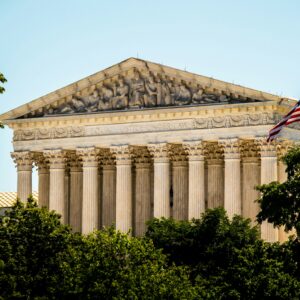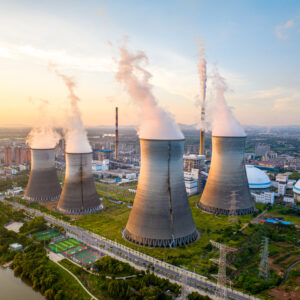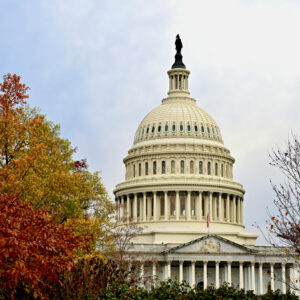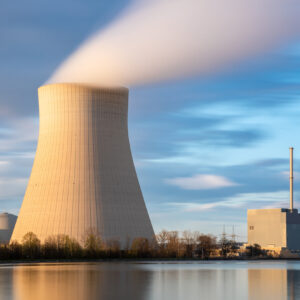The D.C. Circuit Court of Appeals dropped a bombshell this week that could reshape how federal agencies implement environmental laws. In Marin Audubon Society v. FAA, the court ruled that the White House Council on Environmental Quality (CEQ) lacks authority to issue binding regulations implementing the National Environmental Policy Act (NEPA). While some are celebrating this as a...
Biden Administration Sets Out Plan to Triple Nuclear Power Capacity
The Biden administration on Tuesday released a roadmap for plans to triple U.S. nuclear capacity by the middle of the century. The plan sets a goal of 200 gigawatts of new capacity by 2050, more than three times the 2020 capacity. This will require the development of multiple new power sources, including large and small modular plants,...
People First Energy Policy is a Winning Issue for Trump and the GOP
In a historic 2024 election that returned Donald Trump to the White House, Americans decisively voiced their preference for a positive, people-first energy agenda prioritizing security, reliability, and affordability. Voting with their ballots and wallets, Americans rejected the left’s depressingly pessimistic and costly energy deprivation agenda that prioritizes carbon emissions over their wellbeing. In an...
What To Expect On The Regulatory Front In A Second Trump Term
Donald Trump won a decisive victory last week and will reoccupy the Oval Office in January. Polls suggest that dissatisfaction with the economy was one of the main reasons for his comeback and experts attribute the better economy during his first term to his tax cuts and deregulation (more than his immigration and trade policies). While Trump made fewer campaign promises...
Shell wins appeal against landmark Dutch climate ruling
Oil and gas major Shell (SHEL.L) on Tuesday won an appeal against a landmark ruling that required it to accelerate carbon reduction efforts, dealing a blow to campaigners who have turned to legal channels to pursue climate action. The appeals court in The Hague said Shell had a responsibility to reduce greenhouse gas emissions to protect people from global warming....
Is AI a Threat or Opportunity for a Cleaner, Abundant Energy Future?
You may have heard the term “Luddite,” but never heard of Ned Ludd. To be fair to them, he might not have existed at all. But the movement named for him certainly did! In the early 1800’s, Luddites fought to stop the expansion of technology in Great Britain. At that time, high technology meant knitting...
Elon, DOGE, and the Deep: Offshore Energy’s Role
President-elect Trump has made it clear that reducing the national debt will be a top priority for his administration. Adding to this focus, Elon Musk has thrown his weight behind the proposed Department of Government Efficiency, or DOGE, a bold initiative aimed at scrutinizing government spending and revenues. The offshore sector, encompassing oil, gas, wind, and...
Regulations Are Making It Harder To Meet the Nation’s Power Demands
The Federal Energy Regulatory Commission (FERC) recently rejected a request to increase power generation for a data center located next to a nuclear power plant in Pennsylvania. The U.S. will need to rapidly scale up power generation to meet future demand from AI and large data centers. This decision shows how challenging this task will be. In...
It’s the (Energy) Economy, Stupid
Minutes after pundits and political strategists received exit poll data, they began unpacking why voters of all ages, genders, and ethnicities voted for Donald Trump to be the 47th president.
Previewing a Lame-Duck COP
Many encouraging signs indicate that private sector-driven efforts will meet the world’s energy needs while reducing climate risks.









